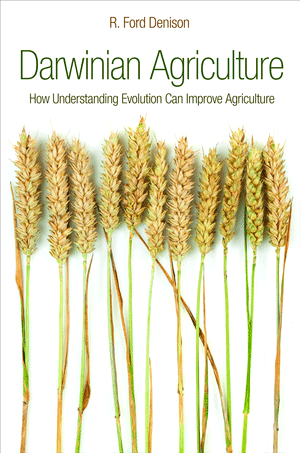
Podcast: Play in new window | Download (Duration: 12:06 — 17.1MB)
Subscribe: Google Podcasts | Spotify | Android | RSS | More
 A couple of weeks ago I was at the 2nd annual Amsterdam Symposium on the History of Food, and a very interesting meeting it was too. The topic was Food, Hunger and Conflict, a reminder that food and control of the food supply can be both a weapon in human conflicts and a natural source of conflict. Talks ranged widely, from the politics of starvation under the Nazis to hunger in colonial Indonesia to the part food riots in the past played in winning food security. Some of it was – and I’m avoiding obvious wordplay – very hard to listen to. All of it was enlightening.
A couple of weeks ago I was at the 2nd annual Amsterdam Symposium on the History of Food, and a very interesting meeting it was too. The topic was Food, Hunger and Conflict, a reminder that food and control of the food supply can be both a weapon in human conflicts and a natural source of conflict. Talks ranged widely, from the politics of starvation under the Nazis to hunger in colonial Indonesia to the part food riots in the past played in winning food security. Some of it was – and I’m avoiding obvious wordplay – very hard to listen to. All of it was enlightening.
There wasn’t as much time as I hoped during the packed but brief programme to record everything I wanted to, but I did get to talk to Ian Miller about force feeding and to Christianne Muusers about one Dutch wartime recipe that most people would rather forget.
I hope to have some of the other speakers on the show soon.
Notes
- Details of the Symposium here
- Ian Miller has a website called Digesting the Medical Past.
- Christianne Muusers’ site is called Coquinaria and there’s some more information on tulip bulbs as food from Green Deane.
- The tulip in the photo is China Pink, and I took it. The banner photo shows Thomas Ashe’s funeral.

 One of the things I find most frustrating in agricultural research is that, despite the subject matter, it often bears little relationship to the fundamental facts of life. Too often, we hear all sorts of extravagant claims being made that a bit of more analytical thought would show were somewhat less than likely to work out. No names, no pack drill; let’s just say that natural selection has had an awful long time to try things out, and if something hasn’t arisen (yet) there may well be a good reason why it isn’t that great an idea. There are some people, however, bucking that trend, and Ford Denison is one of them. His book,
One of the things I find most frustrating in agricultural research is that, despite the subject matter, it often bears little relationship to the fundamental facts of life. Too often, we hear all sorts of extravagant claims being made that a bit of more analytical thought would show were somewhat less than likely to work out. No names, no pack drill; let’s just say that natural selection has had an awful long time to try things out, and if something hasn’t arisen (yet) there may well be a good reason why it isn’t that great an idea. There are some people, however, bucking that trend, and Ford Denison is one of them. His book,